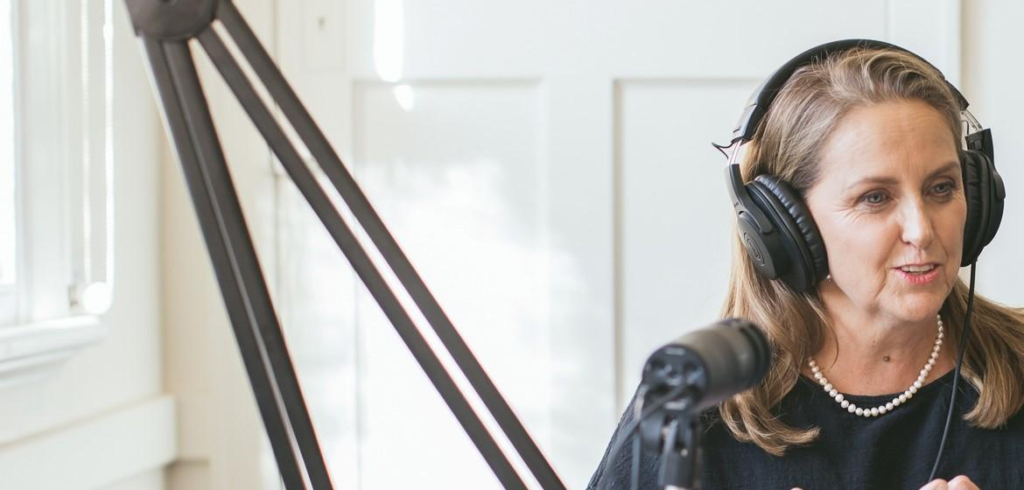“It’s Not About The Money”: Jenny Rolfe-Wallace’s Pioneering Podcast
Jenny Rolfe-Wallace’s podcast, “It’s Not About The Money,” has been awarded the Best Influencer Award at the highly competitive Money Awareness and Inclusion Awards (MAIA) 2024. This inspiring project has been recognised for its profound impact on financial literacy and empowerment, particularly among Australian women.

“The competition this year was incredibly fierce, but Jenny Rolfe-Wallace’s podcast stood out for its unique approach to financial education,” says Trudi Harris, co-founder of the MAIAs. “Her dedication to addressing systemic financial inequalities and providing practical solutions is truly commendable.”
Target Community: Empowering Australian Women
“It’s Not About The Money” targets Australian women aged 18-65, particularly those over 30. This demographic includes a diverse group with varying levels of financial literacy, capability, and wellbeing. Women in this age group often face distinct financial challenges due to gender pay gaps, career interruptions, and longer life expectancies.
“My goal is to empower women financially, not just by providing information, but by addressing the systemic barriers that prevent them from achieving financial security,” explains Jenny Rolfe-Wallace. “By focusing on these issues, we can create a more inclusive and equitable society.”
Making Money Accessible and Beneficial
The podcast enhances accessibility to financial education through clear, jargon-free discussions with experts in the field. Each episode delves into the systemic, social, and economic factors that constrain women’s ability to earn, save, invest, and build financial security. The discussions are supplemented with resources and links on the podcast’s website, Instagram, and Facebook, providing comprehensive support for listeners.
“The podcast aims to make financial education accessible and relatable,” says Rolfe-Wallace. “By breaking down complex concepts and addressing real-world issues, we help women understand and navigate their financial journeys.”
The project also extends its reach through an annual International Women’s Day event, featuring diverse panellists who share insights on economic inclusion for women. This event, delivered both in-person and online, fosters community engagement and broadens the impact of the podcast.
Innovation and Impact
“It’s Not About The Money” stands out for its innovative blend of financial literacy and feminist critique. Unlike typical “how-to” money podcasts, Rolfe-Wallace’s project examines the root causes of financial gender disparities and offers systemic solutions. The podcast features interdisciplinary perspectives, bringing insights from various fields beyond finance, such as sociology, psychology, and gender studies.
“Jenny’s approach is unique in that she addresses financial issues from a systemic and feminist perspective,” notes a podcast listener. “This is the kind of analysis we need to solve financial inequity.”
The podcast has garnered positive feedback, with listeners praising its insightful discussions and practical tips. One review stated, “I love this podcast! It raises issues I hadn’t thought about before and explains things in easy terms so non-finance people like myself can understand.”
Testimonials: Real Stories of Change
The success of “It’s Not About The Money” is best illustrated by the testimonials of its listeners. “Jenny is one of the most well-researched, insightful, thought-provoking interviewers. We could have chatted for hours about the intersectionality of finances, parenthood, gender, and inequality,” shared a guest on the podcast.
Another listener commented, “Jenny’s curiosity and depth of research make every episode engaging and enlightening. She brings data and evidence to every question, providing a thorough analysis of financial issues.”
Expanding Financial Literacy
Looking ahead, Rolfe-Wallace plans to expand the podcast’s reach and impact. She aims to diversify content formats by writing a book and creating webinars and workshops, particularly for corporate organisations seeking to improve gender financial equality practices. Additionally, she hopes to collaborate with other women working in financial education and advocacy to amplify their efforts.
“We are excited about the future of this podcast and its potential to transform financial education for women,” concludes Michael Gilmore, co-founder of the MAIAs. “Jenny Rolfe-Wallace’s work is a testament to the power of addressing systemic financial inequalities through informed and engaging content.”
